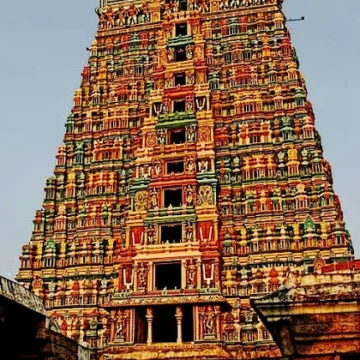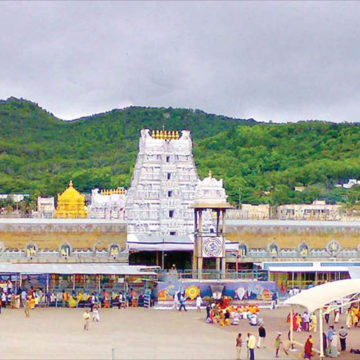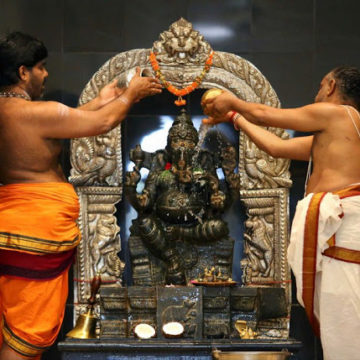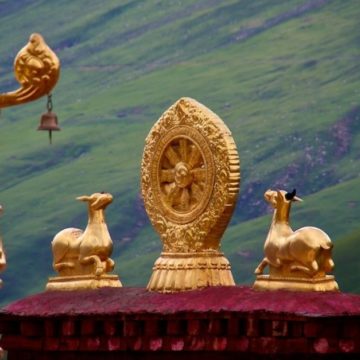For centuries, Hindu temples thrived as autonomous centers of faith, culture, and community life. However, today, the secular state treats temples as mere public property and exploits them, subjecting them to to excessive taxation, mismanagement, and neglect. Unlike religious institutions of other faiths, Hindu temples remain uniquely burdened by government interference, highlighting a systemic inequality. In this call to liberate Hindu temples, Raghu Bhaskaran addresses the concerns of corruption and mismanagement if temples are freed and asserts that freeing temples is a key step towards Hindus owning their narrative.
Author: Raghu Bhaskaran (Raghu Bhaskaran)
No Waqf, No Fawq, Just some FAQs on Hindu Temple Properties
A Hindu temple and its properties do not belong to the government, the public or even the Hindu community — they belong solely to the residing deity, the Pradhana Devata. Historical arguments about coercion in temple land donations ignore the broader reality that all land ownership has evolved under different rulers. While institutions like the Waqf Board retain vast properties, temples face state control and encroachment, reducing them to mere revenue sources. This neglect betrays both the faith of past donors and the cultural heritage temples embody.
Freedom for temples, not parole.
We want freedom for temples, not parole.
The Deity: D-scale of Dharma
On objects like vessels, over time sediments accrete and coat the surface. The process of removing the accretions and restoring the shine is known as 'descaling.' Similarly with Deities, over time sentiments and fallacies have formed a layer over our beliefs. This D-Scale can be used to assess that and clean our attitudes towards the deities.
Abjure or Appropriate Ambedkar
Should Hindus or Hindutva, abjure or appropriate Ambedkar?
Conditional love of Christianity and perilous peace of Islam
The two largest religions in the world have made it an art to hide behind feel-good slogans.
Aryan Origins — An Avoidable Trap
The genetic origins of Aryans is a distraction to keep the Indic side off balance and has little relevance outside of anthropological academic study.
Ayodhya - Strategic Short-sightedness
The Ram Mandir project can only be deemed successful if it brings about a movement to reclaim, revive and restore all the temples that were destroyed by the invaders.
The farrago of false equivalence
Equating Hindu dharma with proselytizing religions has been the bane of Hindu society.
Maryada Purushottam
Bhagwan Rama's stance of supposedly abandoning Sita is often questioned due to a perspective which is blinkered and one which does not understand the nature of upholding Dharma.










